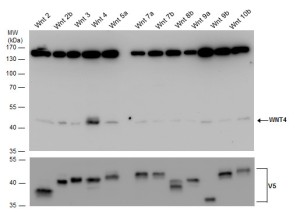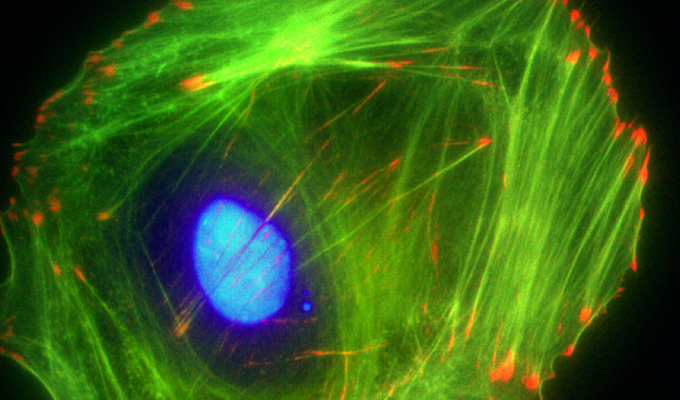
The behavior of adult mammary stem cells (MaSCs) is precisely controlled by the activities of hormones and local factors, though the underlying mechanisms remain obscure. A recent report by Cai et al in Genes & Development illustrates the dynamic interaction between systemic ovarian hormones, Wnt signaling, and the Wnt agonist R-spondin1 (Rspo1) to promote MaSC self-renewal.
In response to estradiol and progesterone, R-spondin1 and Wnt4, but not Wnt7B, act as niche factors to drive MaSC regeneration, with Wnt4 acting through the canonical Wnt/β-catenin signaling pathway. This work establishes a clear mechanistic link between locally acting Wnt signals and the systemic hormone growth response of MaSCs, unveiling the intriguing concept that hormones induce a collaborative local niche environment for stem cells.
Working on unveiling the mechanisms of stem cell fate and differentiation? We’d like to hear from you!



